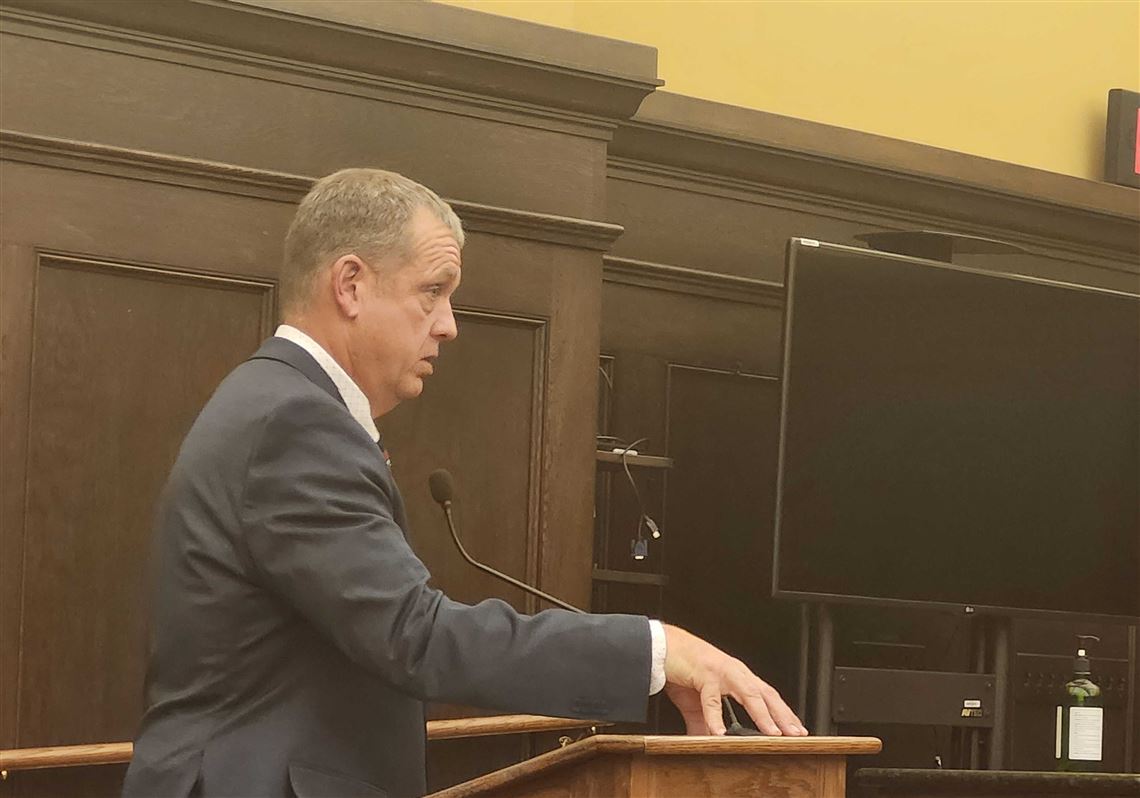There’s good reason to be cautiously optimistic about the future of the Allegheny County Jail, now that the Jail Oversight Board (JOB) has approved an experienced warden to take the helm.
Trevor Wingard, a veteran of the Pennsylvania Department of Corrections, thoroughly impressed all JOB members last Thursday — and for good reason. Mr. Wingard has made comprehensive reform, the type necessary at ACJ, the hallmark of his 28-year career.
While working as superintendent at SCI-Somerset, Mr. Wingard oversaw an overhaul of the inmate disciplinary system that ultimately lowered infractions to such a degree that national models looked to the facility for guidance. He also implemented innovative pilot programs, like offering inmates the chance to train service dogs, focusing on staff buy-in to shift policies in facilities with longstanding practices.
His tenure at SCI-Laurel Highlands, a minimum-security facility housing inmates with mental illnesses and other specialized health needs, is also encouraging for a facility that houses a disproportionate number of people with mental and behavioral health needs. This is especially important given ACJ’s struggles — which have finally abated in recent months — to attract and retain qualified health care personnel.
During the January board meeting, Mr. Wingard emphasized rehabilitative rather than punitive models; commended activists for their commitment to the facility; fully endorsed efforts to decrease the jail population permanently; and already appeared deeply familiar with the most pressing issues facing ACJ.
Mr. Wingard testified that he had watched “hundreds of hours” of oversight board meetings, an essential step in preparing himself for a role with a significant public-facing element — specifically facing a board whose members are given to theatrics, and whose aggressive form of oversight has brought many problems to light but sometimes made actual reform more difficult.
This is markedly different from his previous position overseeing state prisons. He characterized the board as “an advantage” for jail leadership and promised huge improvements to communication and transparency.
Mr. Wingard seemed unfazed by prior dysfunction in the relationship between the board and the jail administration, which came in for criticism in a 2023 report from the National Commission on Correctional Health Care. Under former Warden Orlando Harper, who resigned in September 2023, requests for information were often ignored or met with bad-faith responses, including withholding critical details or inundating the board with irrelevant information. As a result, the board grew increasingly adversarial, at times focusing more on publicly criticizing jail officials than offering constructive governance and oversight.
“I would love for these meetings to get so mundane because we've already talked and we already have the answers, that we can devote all the time to these folks,” he said, gesturing to the advocates in the audience, including friends and family of incarcerated people.
This is exactly the right attitude. Whether we get there will depend on Mr. Wingard’s follow-through — but also the willingness of board members to be patient, and not to seize on the first sign of friction to create a made-for-social-media circus. There must be a get-to-know-you period of at least a few months, during which the warden and the board can develop their working relationship without fear the board’s more strident members will attempt to turn the public against him.
For the sake of both the inmates and staff at ACJ, we hope Mr. Wingard stays true to his vision of transforming the facility, and that he succeeds in bringing that vision to pass.
First Published: January 14, 2025, 10:30 a.m.
Updated: January 14, 2025, 1:55 p.m.

















